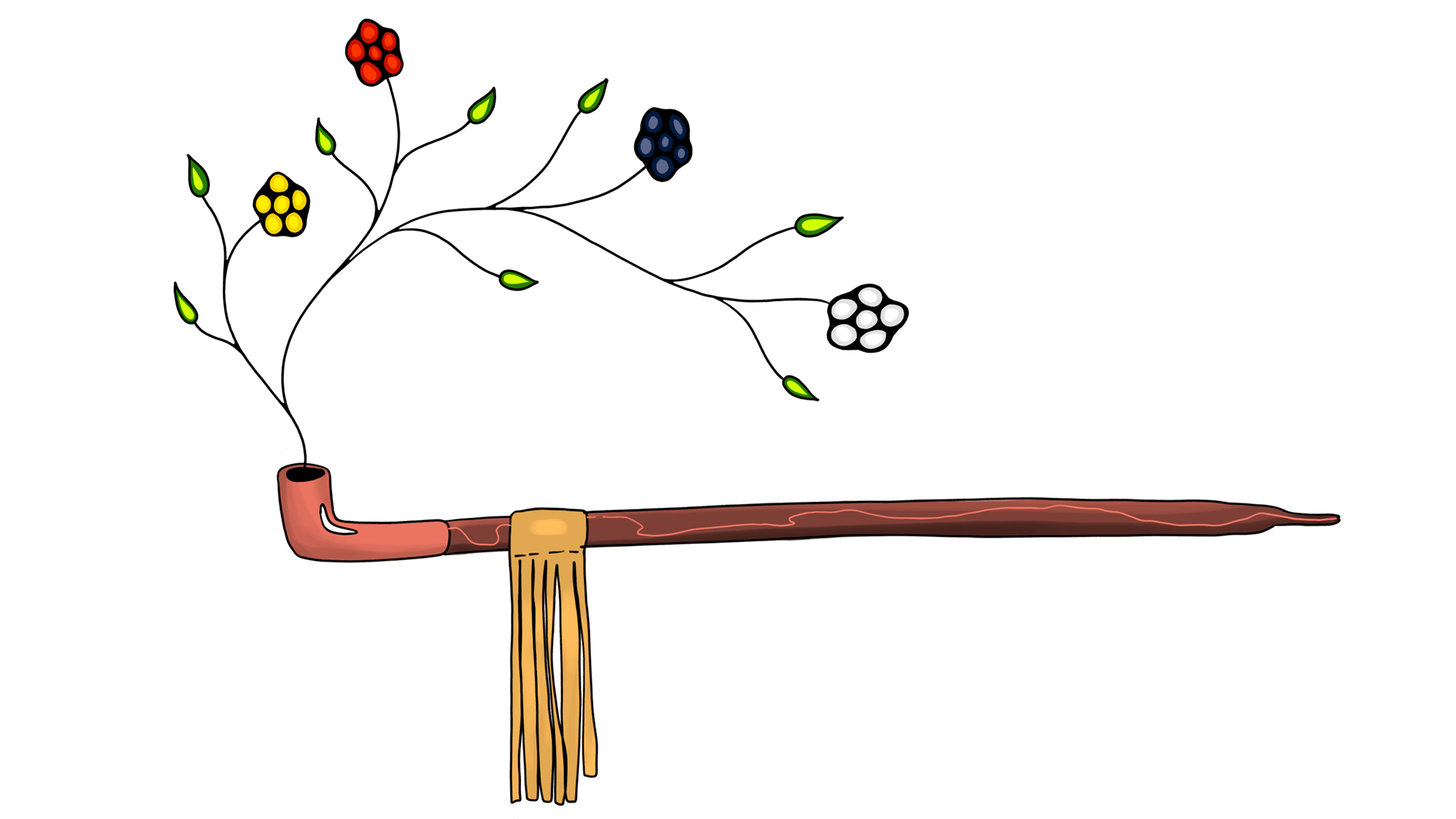Science and Research
Research and Knowledge Exchange
We are committed to strengthening research that is relevant, meaningful and beneficial to First Nations, Inuit and Métis peoples. Our priorities are determined by the Decision Making Council which governs the GCWP-IH, our network of community partners and the communities we serve. We respect and draw upon both Western methodologies and Indigenous research paradigms to support the advancement of the wellness of First Nations, Inuit and Métis peoples.
Centering Nation and Place-specific Ways
We respect the diversity of Indigenous ways of knowing, doing and being. The research initiatives that we undertake are informed by a network of community partners comprised of recognized community leaders, health service program directors and managers, health education experts, researchers and front-line health care and wellness service providers.
Ethical Research: First Nation, Inuit and Métis Data Sovereignty, Governance and Stewardship
We are committed to ensuring that the knowledge work we undertake and support meets the ethical expectations of First Nations, Inuit and Métis community partners. We acknowledge our responsibility to promote the implementation of established First Nations, Inuit and Métis data sovereignty principles. We honour this responsibility by advocating for appropriate consultation and meaningful partnerships with First Nations, Inuit and Métis leaders and experts, ensuring this happens across all phases of work.
